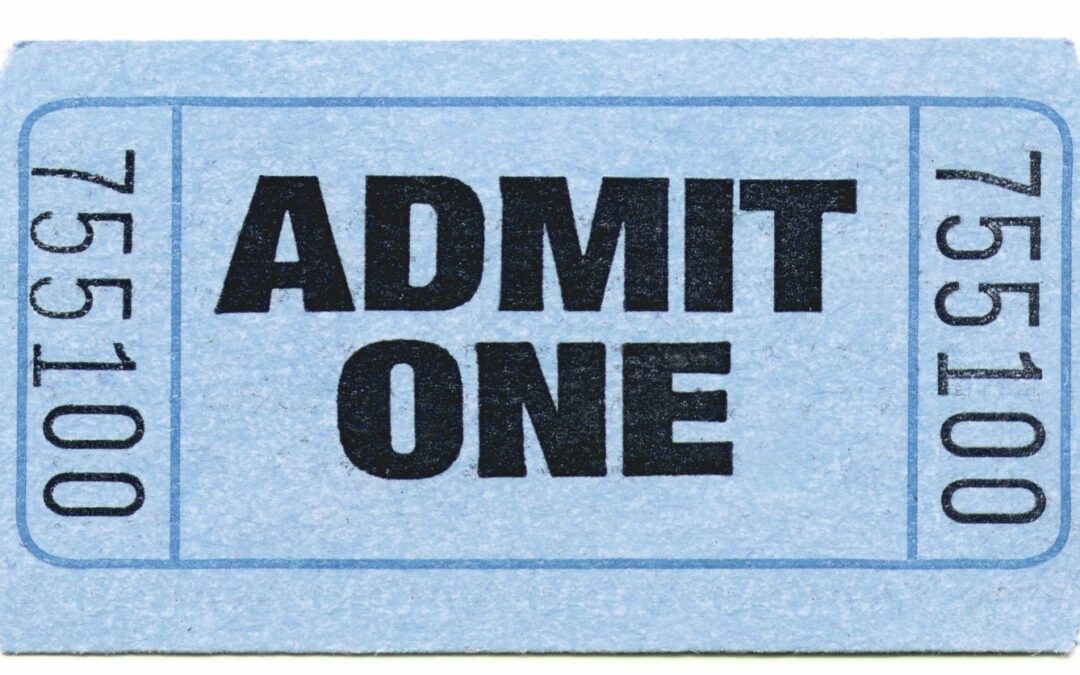When the Founding Fathers went back to the drawing board and set up the US Constitution, they added 10 Amendments or the Bill of Rights as they have become to be called. The tenth amendment essentially said, “if it’s not in the Constitution as either allowed or prohibited then the states can do what they want”.
The authors of the all-famous 2018 Farm Bill pretty much created their own version of the 10th Amendment and allowed each state to set their own policies as it relates to fees and regulations and deadlines that didn’t conflict with the ’18 Farm Bill.
We’re sure many of our readers are aware each state had to tell USDA how they wanted to run their state’s hemp program under their “state plan”. Three states said “Meh, we don’t want a state plan and we’ll let USDA run it”. One was the State of Mississippi (the home of our NHGC headquarters) and the other two were Hawaii and New Hampshire. Guess what their fees are? $0 although they must pay for the background check. The license is also good for three years and there are NO processor license fees.
Because we are continually looking for information that can help our member-growers, we did a data search of all the other 47 state departments of agriculture to see what it costs for a cultivation license. Here is what our initial research unearthed (pun intended):
– The most expensive state to get a license? Michigan at $1250
– The least expensive state? Florida at $0
– Three states tied for Honorable Mention with their fees at only $150 a year (Pennsylvania, Virginia and Minnesota)
– South Carolina, Montana and Arizona all go above the $1,000 mark
– Two states (New Jersey and Georgia) are under their own category of “It Depends” because they charge per acre. Georgia is $50 per acre and New Jersey is $15 per acre but only after you pay a $300 minimum annual.
Maybe Mississippi, New Hampshire and Hawaii have it right: Growers/farmers have enough risk to fight bugs and Mother Nature, why should we add anything else to their plate?
(PS – Please let us know if our research has come up a bit short and we need to make adjustments)


Recent Comments